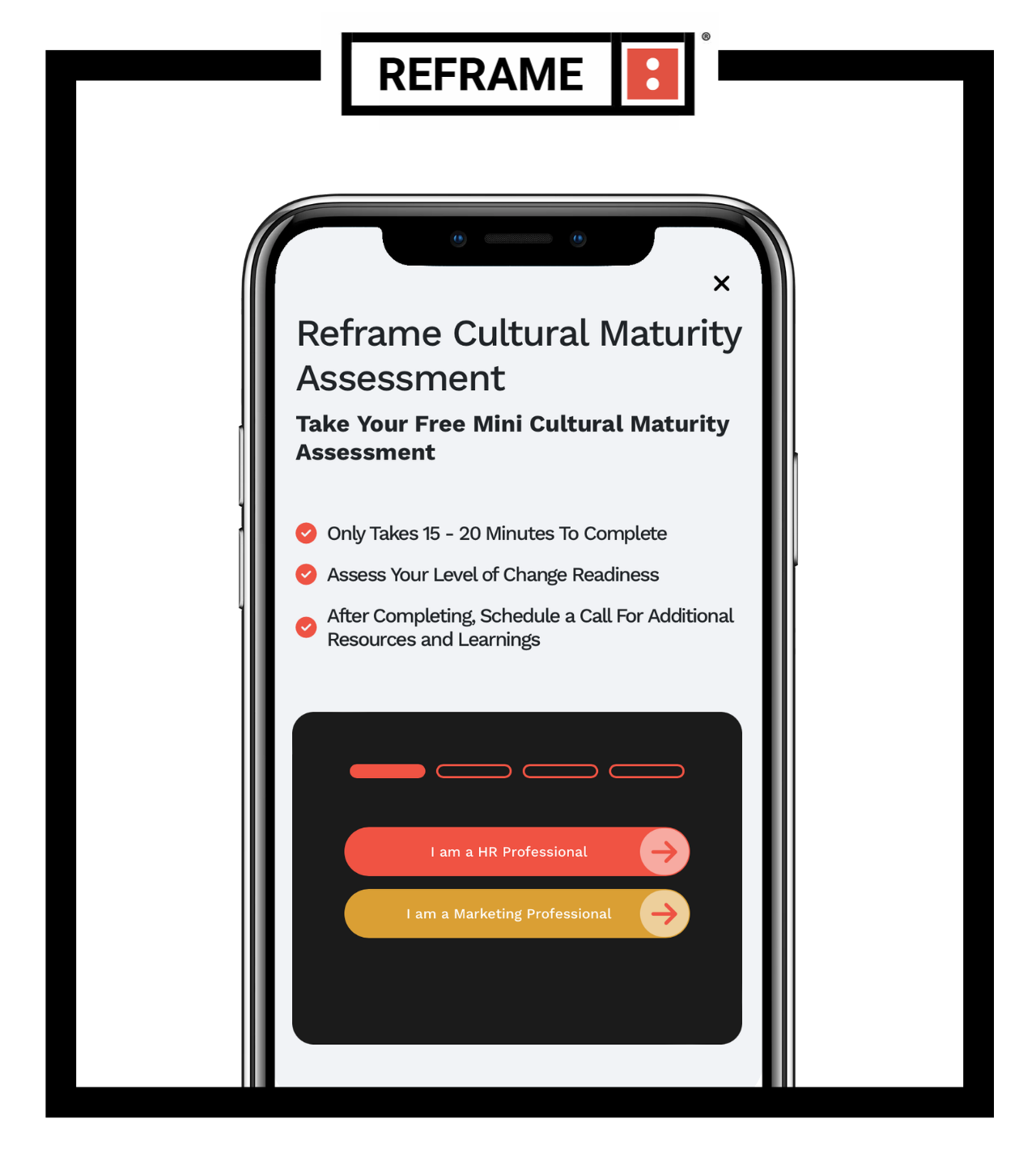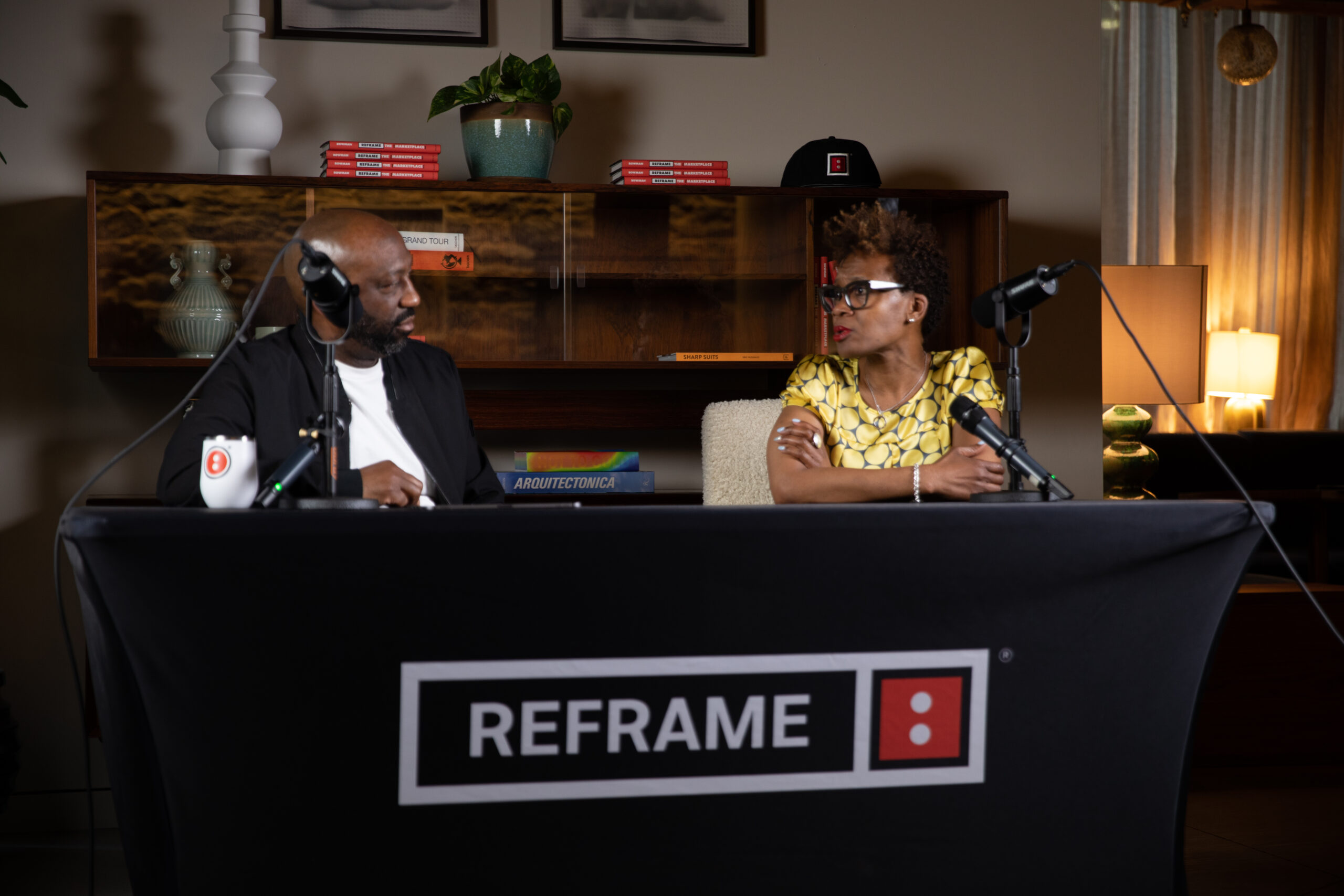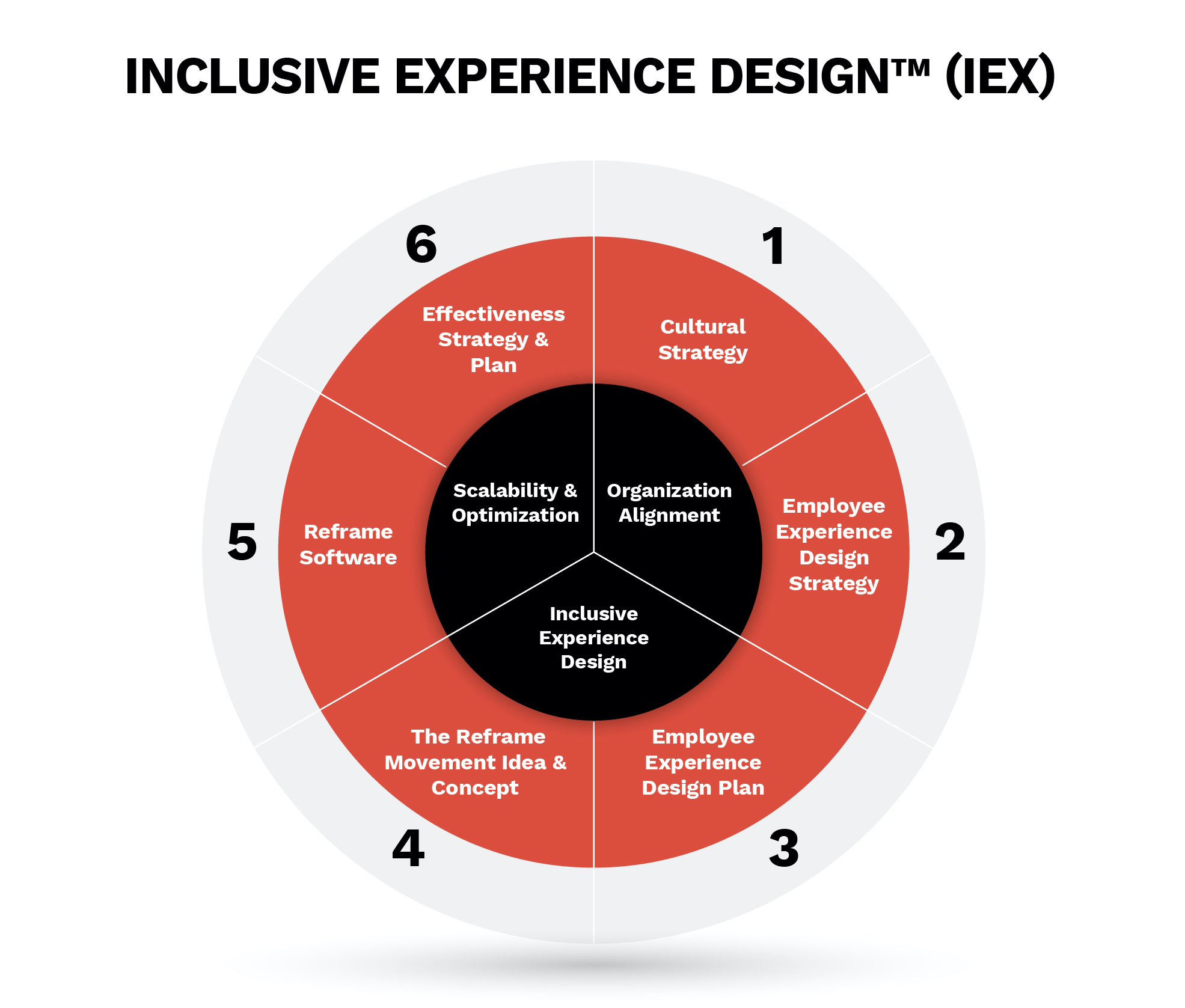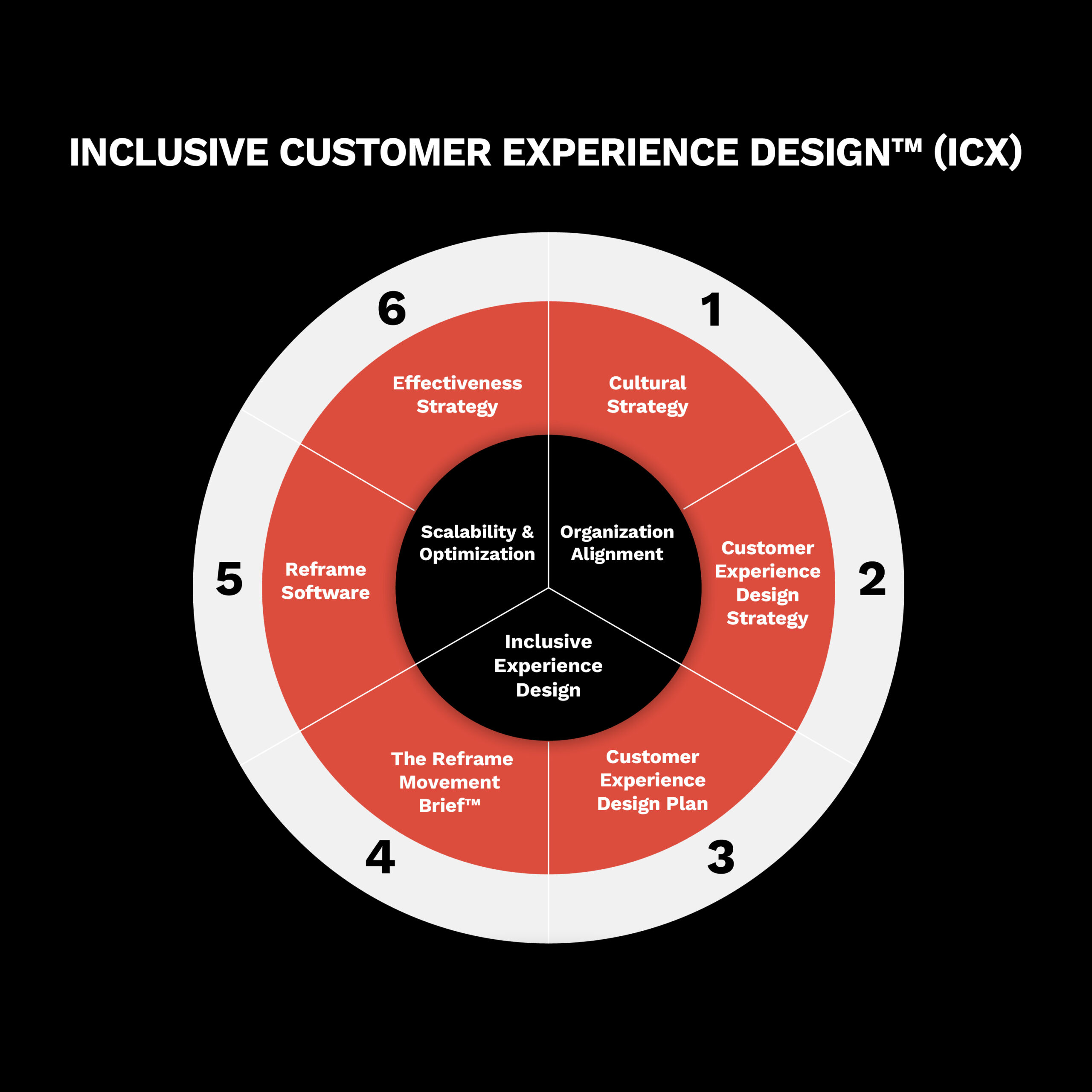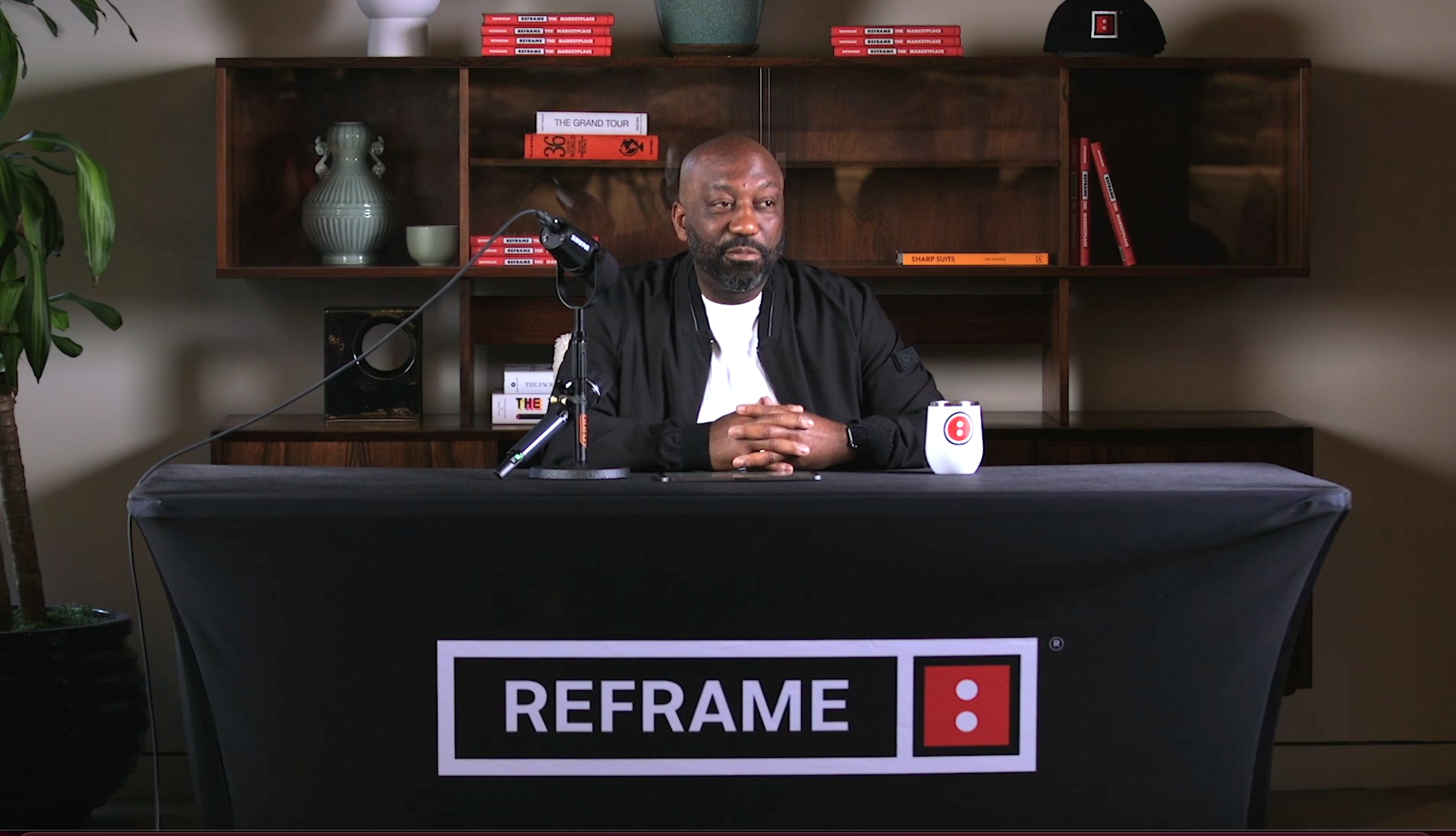
How Corporate America Failed Diversity, Equity & Inclusion (DE&I)
History is riddled with moments in time where America and Corporate America must re-evaluate its social contract as a result of cultural tensions permeating our society.
During the Civil Rights Movement of the 1960s, this was seen in the publishing of the landmark white paper “The Changing Face of Marketing” by global consulting firm McKinsey & Company on how enterprise organizations could best prepare for the rise of the Black middle class as consumers and the entrance of the Black educated class to the workforce.
By the 1970s, feminist activism and societal shifts led to greater participation of women in the labor force. As a result, employment protections like the passage of the Pregnancy Discrimination Act in 1978 and the recognition of sexual harassment as a form of gender discimination pushed the workplace toward greater inclusion for women.
Over the intervening decades, both America and Corporate America have experienced other inflection points related to Diversity, Equity, Inclusion, and Belonging (DEIB) at work; but the past two years have represented a monumental shift not seen since the 1960s and ‘70s. From the peak of the Black Lives Matter movement in 2020, to the advent of the Great Resignation and mass remote work, to the overturning of Roe v. Wade and the seismic consequences this has for women in the workplace, it’s clear that Corporate America’s approach to DEIB must evolve with the times.
The old approaches may address the symptoms, but not the underlying cultural underpinnings that are essential to affecting meaningful change.
Now is the time for Corporate America to innovate and lead on DEI. But before that’s possible, they must understand the cultural shifts required for a new change approach that is mandatory.
A New Approach for a New America©
America is asking, if not demanding, for structural change that reflects the New America©. In order to build a sustainably inclusive environment for all employees, corporations must first address the underlying cultural underpinnings and structural shifts that are essential to affecting meaningful and sustainable change at work.
Here are three reasons why:
- A new social contract
The task is not only for racial inclusion, but also for cultural and economic
inclusion. Corporate America has to fulfill its role on how to make the world a better place for a New America.
- Shift in workforce demographics
There is a New Majority population in Corporate America and globally.
- Institutionalize change
Corporate America’s structures, strategy, systems, ideals, mission and vision
statements were developed for what was once Old America and not designed for New America.
How Corporate America Can Make Meaningful Change
Corporate America must introduce a change management approach in order to build a workplace of cultural inclusion with outcomes that are both sustainable and scalable. It starts with assessing the cultural maturity of your company at the intersection of the Five S’s: Structure, Strategy, Segments, Systems, and Solutions.
- Structure
Is there full buy-in on the value of pursuing cultural inclusion across your organization?
- Strategy
Has your company implemented strategies and shared best practices to support an inclusive workplace at every employee level?
- Segments
Have you explored the various demographic segments of your employee base, and the intersections therein (i.e. Latinx + Millennial), in order to ensure that they are appropriately represented at all levels of employment?
- Systems
Has your organization adopted systems and change management software to ensure that cultural inclusion strategies and best practices are easily implemented company-wide and sustainable?
- Solutions
Has your organization set standards with business partners to make cultural inclusion core to your hiring and retention processes?
The opportunity in the conversation between America and Corporate America is closing the cultural gap between the workplace and marketplace at the bequest of a new social contract.
In a moment when hard-earned civil rights are being revoked, the business world must adopt a change management approach that ensures a sustainably and culturally inclusive workplace for all.
Related Blog Articles
